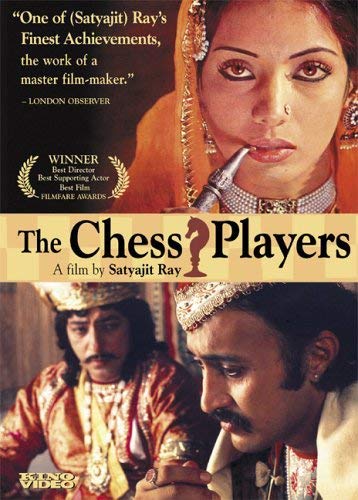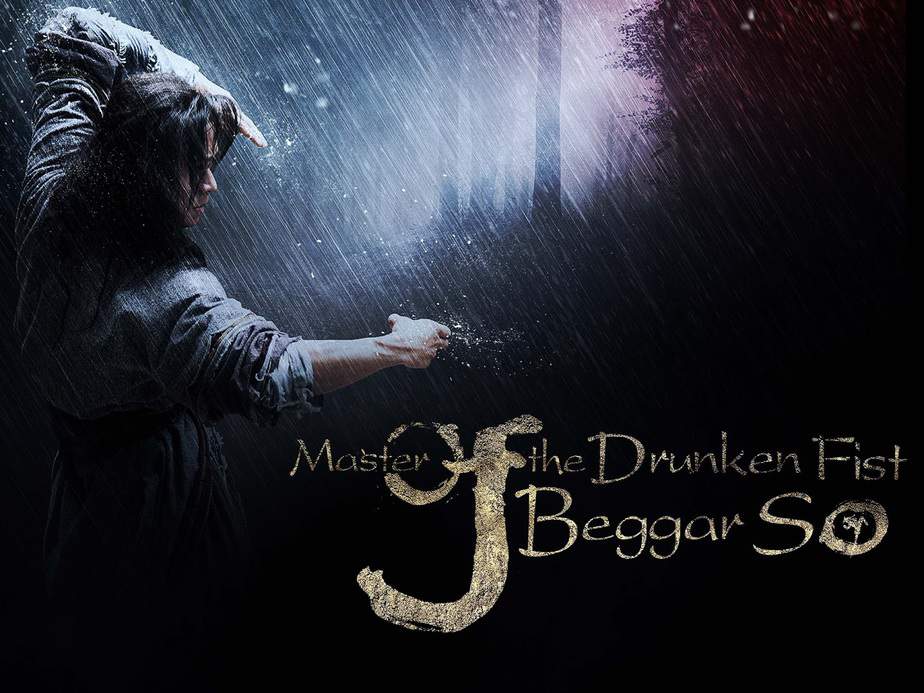Satyajit Ray is broadly regarded as one of the greatest directors of all time, and his acclaims support the claim. His works are mostly based on the Bengali language movie industry in India. However, he made two movies in the Hindi language, both based on the works of the famed author Munshi Premchand. “Sadgati,” a TV movie, is often considered amongst Ray's least impressive movies. His first movie in the Hindi language, nevertheless, is a different story. “The Chess Players” is often included in the conversation of the best Ray films and is frequently said to be one of the most calculated movies made by the director.
Buy This Title
It is 1856. Nawab Wajid Ali Shah rules over Awadh, which, with the rapid decline of the Mughal Empire, is the sociocultural centre of the imperial culture. However, he is chained to the power of the East India Company, the symbol of British imperialism in India. The British colonialists now want to depose Wajid Ali Shah and take over Awadh, fearing a future rebellion from the state. The situation is a backdrop for the story, mostly centred upon two nobles: Mir and Mirza, who ignore situations both personal and national, and spend their days playing endless games of Shatranj, an older Persian-Indian version of Chess.
“The Chess Players” is, as mentioned earlier, a calculated film. This measuring approach taken by Ray is preserved in all aspects of the movie, especially in the dialogue and characterization. The two nobles are the players of chess. As the narrator in the movie, voiced by Amitabh Bachchan, points out, they battle with their pawns and rooks, and devise one new way after another to gain an advantage over each other. Their personal life is hampered due to this game. Living upon their ancestor's acclaims, they try to checkmate each other. However, as they are trying to knock their opponent's king out of the match, their own king (sultan) is nearly out of the game as well. In an important scene in the movie, the noblemen protagonists come to know about the English plot to take over Awadh. While they remain undisturbed, Ray also provides the theme of the movie in the same scene: the game of chess. The British (or European) style of Chess is discussed, a new sort that ends faster than shatranj, mainly because of the ability of pawns to go the distance to rise and become queens (another departure from shatranj's Wazir). General Outram's strategy is similar, a fast game where he leaves the ruler of Awadh no chance at all. Every path result in checkmate, and it is the ruler's chosen path that will set his character for the spectator.
Nawab Wajid Ali Shah is an interesting figure, classified among the most divisive figures in Indian colonial history. He is recognized for his generosity and talents. An artist, his poems and songs were popular in his lifetime and are still not totally away from people's memories. However, he is also known for being a terrible ruler, not for being evil, but for not trying to rule at all. At times, he seems to be a more extreme and larger-than-life version of the two noblemen. Here Ray lets him become a tragic character of sorts, but keeps maintaining the farcical nature of the film by adding multiple layers in his character which leads to a variety of emotions from the viewer. Thus, the final impression of Wajid Ali Shah as seen in this film becomes an observational rainbow, where each colour attracts a group of viewers. Made during an era of press censorship in India, perhaps Ray is trying to compare the powerful, apathetic class of Indian society of the time with that of its time.
Amjad Khan, famous for playing Gabbar Singh in “Sholay,” is especially impressive as Wajid Ali Shah, as he fully embodies the nature of the ruler as intended to be shown by Ray. The nobles are symbols of hollowness of power, and are played to excellence by Sanjeev Kumar and Saeed Jaffrey. Shabana Azmi gets a relatively lesser role, but she steals the show in every scene she appears in. The Englishmen are played to excellence as well, especially by Richard Attenborough, who plays Outram, and Tom Alter, who plays Weston, the Englishman enamoured with Indian culture. Satyajit Ray himself is the composer of the soundtrack and longtime editor Dulal Dutta manages to emphasize the measured nature of the movie.
“The Chess Players” is a farcical film with its focus on the Colonial India, which explores the psyche of the powerful members of the society.
















